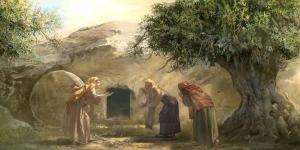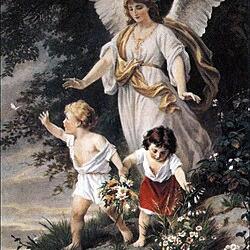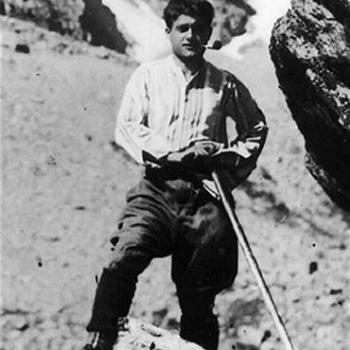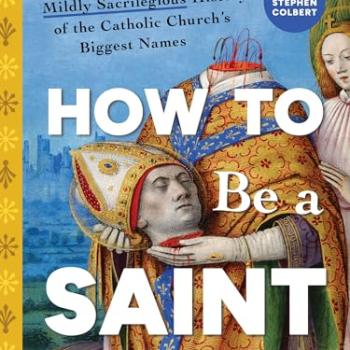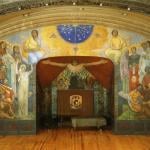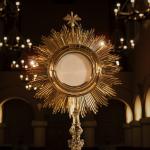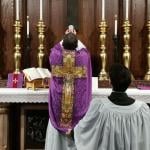Last week I went on vacation.
This past week Kristin, my wife and co-author of this blog was in the hospital getting her brain looked at as they take her off some epilepsy medication.
After going to work all day and coming home, I just wanted to crash and not think, so I’ve slacked on writing. But as I’m sitting in bed thinking I should write something, anything I can’t muster enough energy to form together the many ideas I know I could form into a blog post. But still I think of all the things I could and should do as I lay in bed restless, something my wife is currently doing all day long, although she is saturating her confinement with praying the office all day plus the Rosay and chaplet of divine mercy. She was inspired by our recent visit to a Benedictine monastery we went to on our vacation.

As I desired to sit quiet in my bed, my body said, ‘Hey I want to get up and do something’. So I got up to browse the worldwide library of texts for something to write about. I typed in Public Domain Catholic Books for something quick, easy, good and inspirational to share.
This is what I found. Kristin, who is a lay Carmelite, would appreciate this. Anyone stressed and anxious will find this comforting as well.
St. Teresa’s book-mark : a meditative commentary (1919)
Chapter 1
by Blessed Luke of St. Joseph
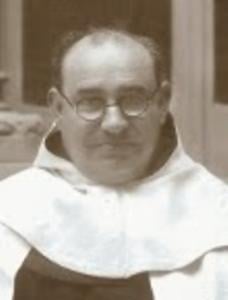
LET NOTHING TROUBLE THEE,
LET NOTHING FRIGHTEN THEE.
The human heart, how large and yet how small.
Creatures can do nothing against it.
Whatever happens is foreseen and preordained, as well as permitted,
by our Heavenly Father.
The Saints, those souls so dear to God,
dwell in heights inaccessible to the majority of mortals.
There, nearer to heaven,
they breathe the very atmosphere of faith,
of purity, of love and of filial confidence in the Divine Goodness.

My dearest Mother, the peerless Saint Teresa,
our inspired Doctor and beloved Spouse of Jesus,
in order to show us the peace and sweet abandonment in the arms of God,
such as is enjoyed by souls who have reached heights such as these,
composed this beautiful poem:
Let nothing trouble thee,
Let nothing affright thee.
All things are passing;
God only is changeless.
Patience gains all things,
Who hath God, wanteth nothing,
God alone sufficeth.

This is one of the sweetest and most
sublime songs that has ever resounded in this
vale of sighs and tears,
a canticle supremely beautiful and profoundly wise;
it combines the greatest theological truths,
the most lofty thoughts of philosophy,
and the sweetest delights of poetry.
It is the language of an angelic mind,
the song of a soul who feels like a poet,
prays like a Christian
and loves like a Saint;
and who weeps, moans and sighs as exiled from heaven.
Let nothing trouble thee,
Let nothing frighten thee;
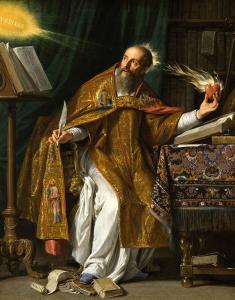
Even though there rise up against thee,
0 my soul,
the powers of earth and of darkness,
the hatred of men and the fury of hell,
whilst the insane passions of the multitudes clamor with rage,
and kingdoms plot vengeance against thee,
although thou feelest violently the agitation of the senses
whose temptations cause the very innocence of thy heart to shudder in terror,
yet
Let nothing trouble thee,
Let nothing affright thee;
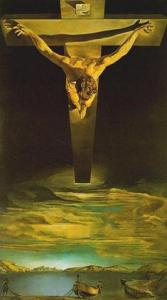
for thy will, although seemingly so frail,
is omnipotent and invincible because nothing nor any one can overpower it,
if it does not willfully allow itself to be conquered.
Although thou art the plaything of thy own heart,
which at one time feels with sublimest melancholy of the majesty of heaven,
and yet soon is smirched by the petty things of earth;
which now on the wings of its fairy dreams
seems to swing over the confines of time into eternity,
and now in adversity dashes itself against the dull, hard rocks of sadness —
Let nothing trouble thee,
Let nothing frighten thee;
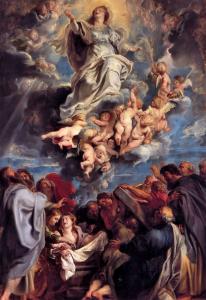
for God has been pleased to fashion the
human heart in a very singular and noble manner;
so small that a tiny flower delights it
and so large that only the infinite can fill it;
so frail that a single word perplexes it
and a smile of love captivates it,
and so powerful that neither the angels of heaven with their wisdom,
nor men with their cunning,
nor the demons with their artfulness,
can penetrate its sanctuary nor read its thoughts,
nor change its inclinations,
if it does not of itself freely consent.
God alone knows the secret of its strength.
If the seas become violently agitated,
enveloping with their great waves the utmost limits of the earth and raising against the
very heavens the foam of their billows,
filling the abyss with the roar of their turbulent commotions;
if empires fall and kingdoms perish and the moral, religious and political world
becomes wrapped in the violent whirlwind of human passions that seem to drag in their wake
all that is most sacred on earth —
the innocence of the upright heart,
the sanctity of marriage and the hearth,
and threaten even to destroy God’s Holy Church
and her sublime doctrine,
yet
Let nothing trouble thee,
Let nothing frighten thee;

for all that happens in heaven and upon earth,
the mutations of the physical world as well as the disturbances of men’s moral nature,
the wreck of cities and the ruin of nations
all are foreseen by God,
permitted or ordained by an all-wise Providence,
Who knows how to direct all things to His greater honor and glory
and the welfare of His chosen ones.
And if individuals and nations possessed by an insane giddiness
rush blindly on towards the precipice,
carried, as it were, on the wings of frightful fatalism,
yet
Let nothing trouble thee,
Let nothing frighten thee;
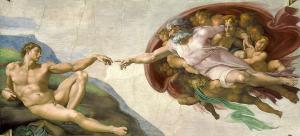
because men and nations are carried in the arms of a provident God,
Who is all justice, love and wisdom.
As God is love, He directs all to the welfare of His elect
and to show the splendor of His glory.
As God is justice, He allows nations to be frequently
bathed in blood so that they may be purified
from their apostacies and rise afterwards rejuvenated
and turn to the enjoyment of days full of peace and prosperity.
As wisdom, God brings forth good from evil,
from chaos and confusion order and harmony;
He makes light to shine from darkness and from
the depths of corruption He causes to spring
forth great and heroic virtues.
Let nothing trouble thee,
Let nothing frighten thee;
